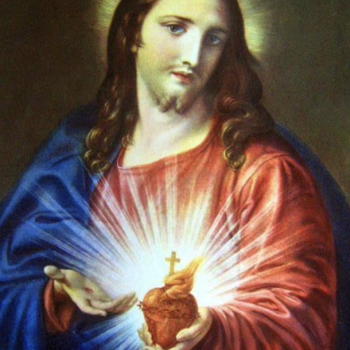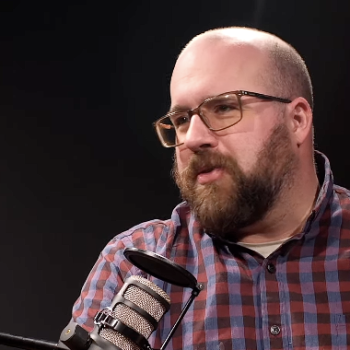I recently heard an interview with Phyllis Tickle in which she used the term “Orthonomy.”
Then I ran into a panel discussion where she used the word again in the following statement.
“The Anglicans have this notion of Orthonomy the following of the law in order to make the music. Most of the world is divided between Orthodoxy and Orthopraxy.”
(General Session 2—Thursday March 11, 2004—Phyllis Tickle etc… Found Here)
Then I was reading an old LA Times Article and the word Orthoparadoxy came up.
As we stumble butts out into the future it seems there is an increasing implementation and invention of new terms to describe the way people understand the proper methods and philosophies used to be a person or people of faith.
It all used to be so simple…
Orthodoxy was when what you believed was what was most important.
Orthopraxy was when what you did was most important.
For example in the pre-Christian western world a person’s theology wasn’t important. What really mattered was if they offered the proper sacrifices to the proper gods.
Then when Christianity hit the scene there was a new emphasis in believing the right thing that naturally came along with a monotheistic, more exclusive religion. If there was only one God you’d better get him right. The notion of grace also helped the west to shift to a more orthodoxy based approach to God. With Christ even a lifelong murder/ rapist could be saved if he only put his faith in Jesus at the end of his life.
Of course Orthopraxy still played a major role in many peoples religious lives, and still maintained a major role in non-western religions, the largest of which would be Islam, which still has a very strong focus on practices.
So now what do we have.
From what I can tell Orthonomy refers to a right harmony/relationship in something, and Orthoparadoxy is the art of dissolving dichotomies.
These ideas seem very ambiguous and confusing as all get out.
What on earth does that mean?! How do you implement that in your religious life?
Tony Jones, with whom the word Orthoparodoxy seems most closely associated, wrote the following:
“You have heard it said that the emergent church values orthopraxy over
orthodoxy, but I say to you, if orthodoxy is an event, then another veil has been torn.
There is no difference between the two. .Orthoparadoxy,. as my friend Dwight Friesen
calls it, is the dialectical tension in which these two poles stand. Let me put it more
boldly: there is no orthodoxy without orthopraxy. It doesn.t exist. People may talk about
it, but they also talk about unicorns.
There is no song until it.s sung.it.s just words and notes on paper. There is no
strike until it.s called by the ump..It ain.t nothing till I call it.. And there is no
orthodoxy until it.s lived. It is an event that happens when we gather to worship, when
we change a diaper, when we read a book, when we present a paper.
You have heard it said that the emergent church vaunts experience at the expense
of rational knowledge, but I say to you that all human endeavors, including theology, are
experiential. If one knows anything about phenomenology, it is obvious that what human
beings do is experience and interpret those experiences. Walking a labyrinth is
experiential, and so is reading a theology textbook. Praying is experiential, as is listening
to a sermon. There.s no such thing as a human endeavor that is not .experiential..we
are experiential beings, and our faith practices, be they cerebral or kinesthetic,
propositional or narrative, are thus necessarily experiential, too.”
(you can read the whole presentation here)
So if I read him right it’s more about a synthesis of the two rather then a real third idea. Holding them both together in tension letting them dance around somehow in your life being both a contrasting in definition, and natural outgrowth of one another. But I might be reading into it a little.
So what then is Orthonomy?
According to Tickle, “The new authority is the beauty of the thing,” she said. Under orthonomy, people will choose those ideas that contribute to music, poetry, and beauty.
This almost reminds me of some of the Ideas of Robert M. Pirsig. Except instead of harmony he talked about quality. Well Whatever your Ortho might be (even if it’s your Orthodontist) have a great day!












